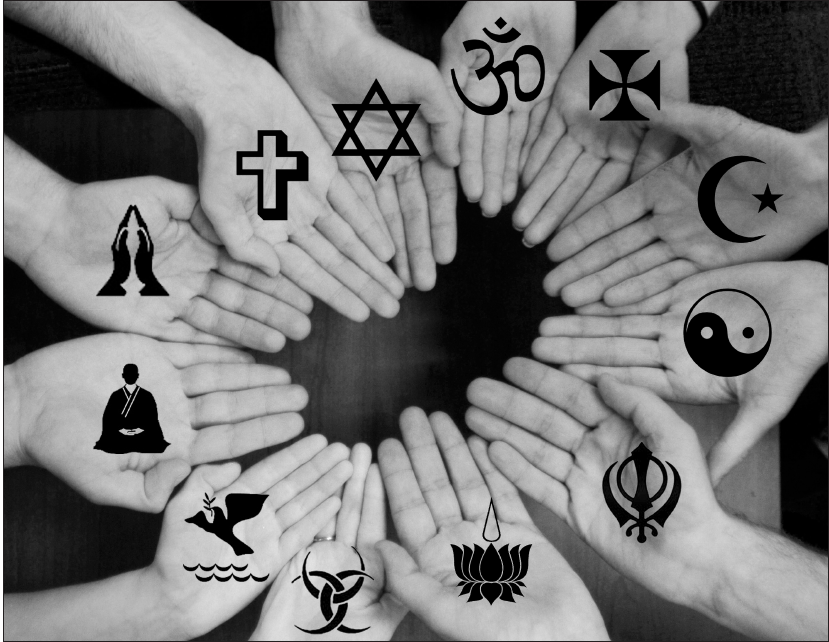We should answer the questions people have about our worldview, but let’s not forget that the biggest issues are personal, not academic.


We should answer the questions people have about our worldview, but let’s not forget that the biggest issues are personal, not academic.

One third of Evangelicals believe that religious claims are just about opinion, not objective fact. Is this true? And how should we think through this claim?

It seems most people think that humans are basically good by nature. But are they? And how is our understanding of the gospel dependent on how we answer this question?

A recent survey points to over half of evangelicals affirms that God accepts worship from all religions, but what does Scripture say?

A recent survey points to greater than 70% of Evangelicals thinking that Jesus is a created being. We look at how to approach this issue biblically.

Would more people believe if only they had more information, or is there some other factor at play?

Our work an be an apologetic for what we believe. Yet, we often take our jobs more seriously in some areas than we should, and in other areas we don’t treat it seriously enough.

Jesus ate with the sinners and tax collectors, but does this mean that Christians should be welcoming to all people, or is there more to it?

Explicitly and implicitly today, many people think science is the only way to know something. Yet, there are several issues with this view. We look at 3 on this week’s episode.

Modern translations are excellent. But they have at least one downside we need to be aware of in order to get the most we can out of God’s word.